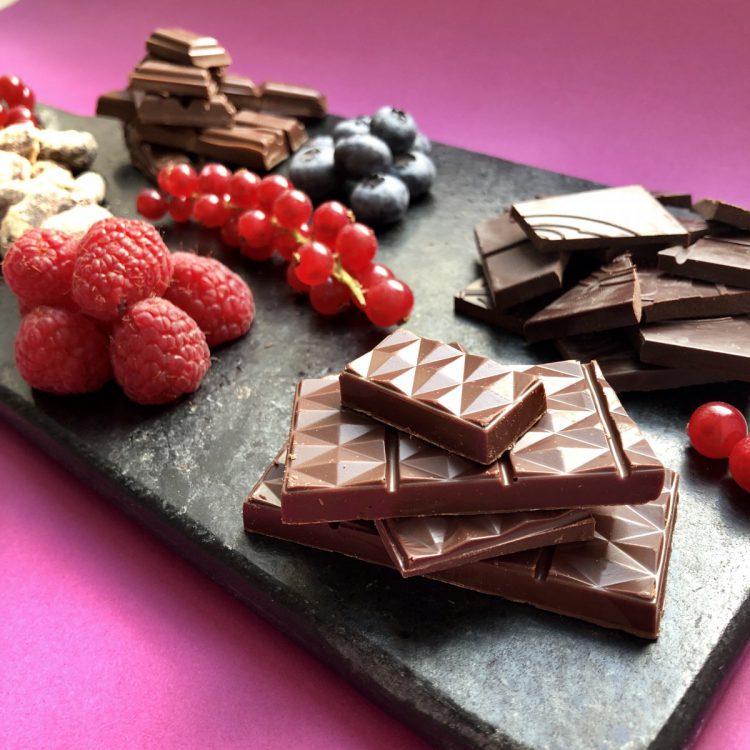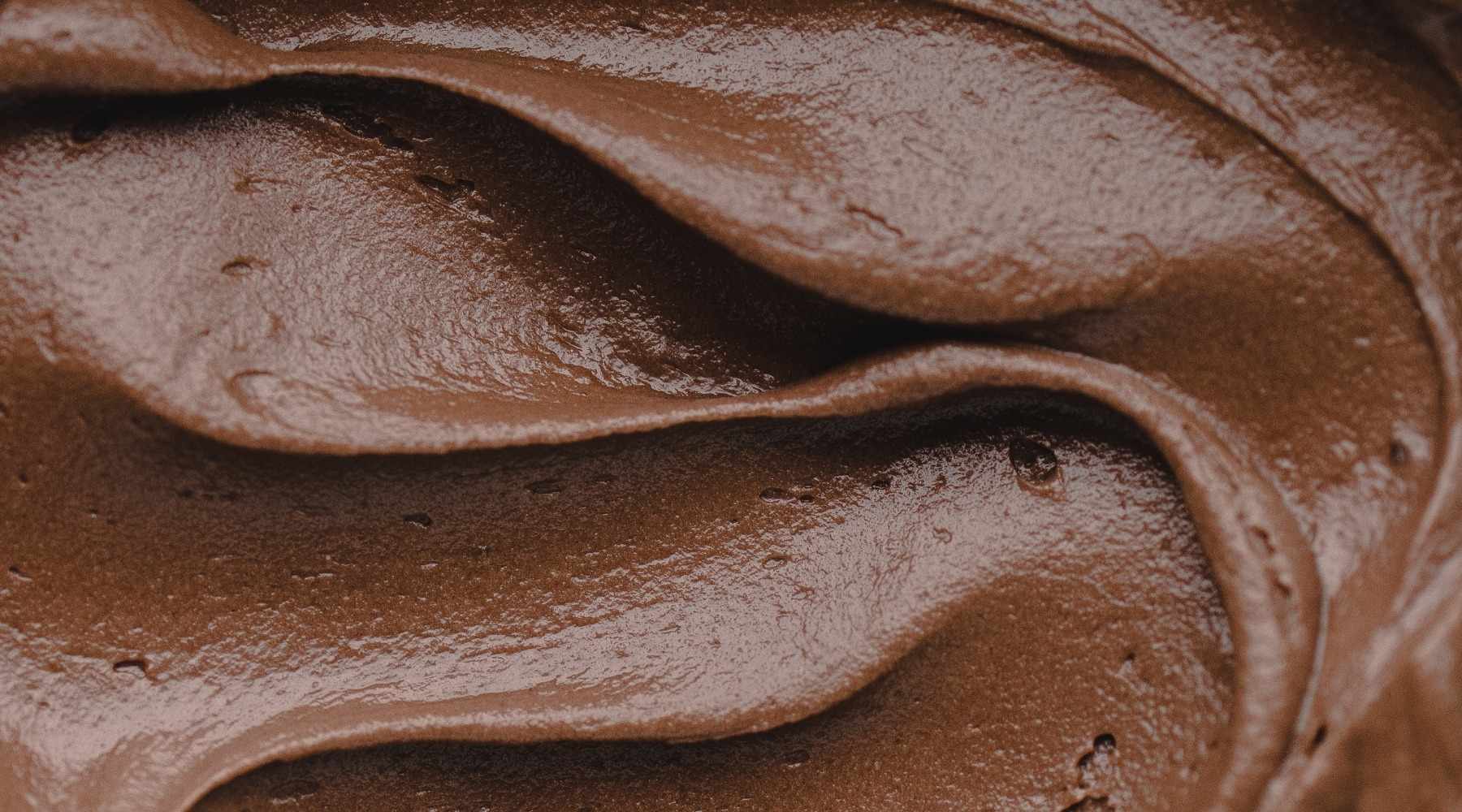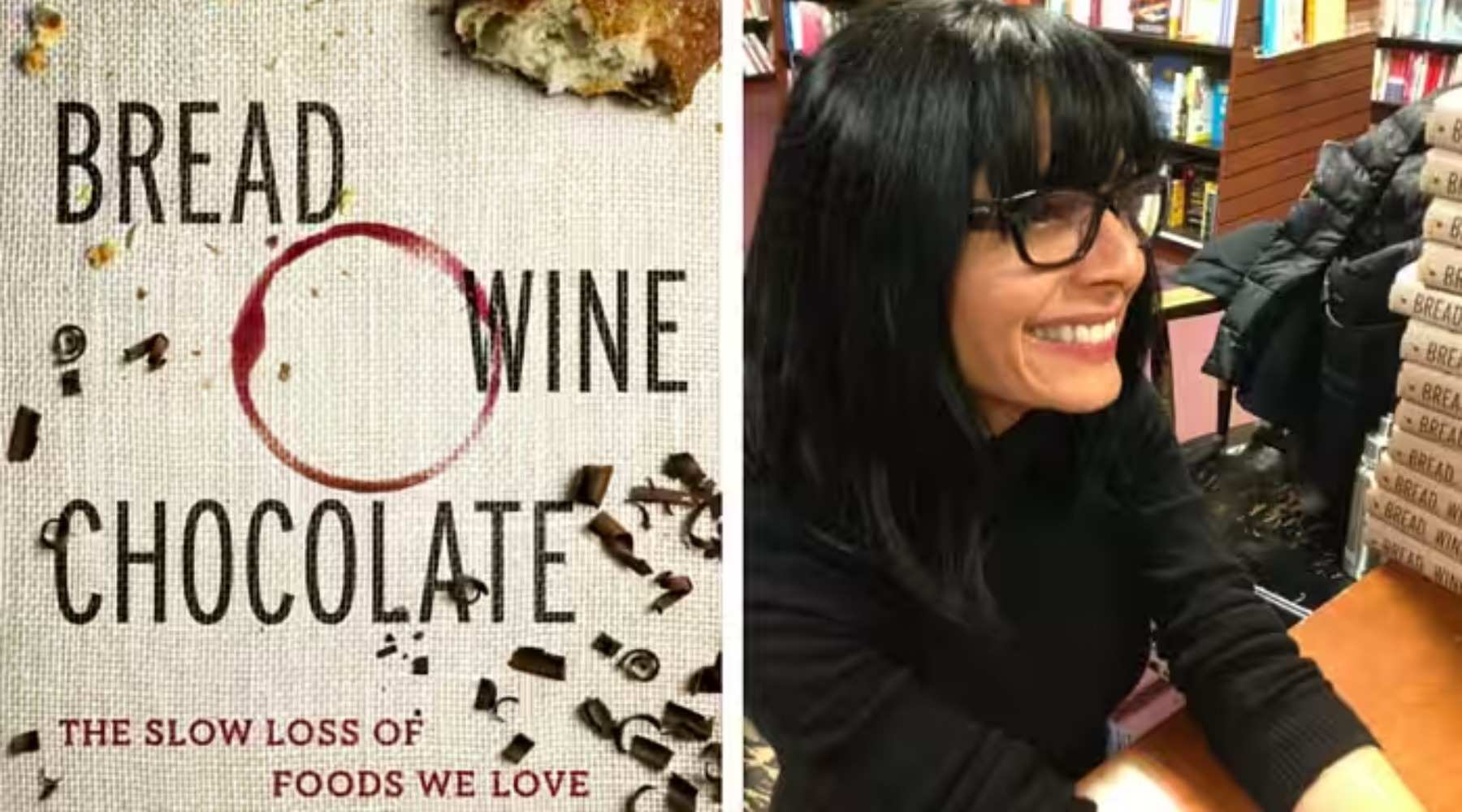"Eat chocolate? Can I!" We have no doubt about that. So that you can taste and describe the nuances and aromas of the chocolate even more finely, we will give you a few tips for a professional chocolate tasting. Whether as a (virtual) event with good friends or as a little tasteful break in between... happy tasting!
✅ Don't eat! Enjoy!
Chocolate should not be chewed! Instead, place a small piece of the chocolate on your tongue and let it melt slowly. You can also gently tickle it with the tip of your tongue and slide it back and forth over your tongue. Sound silly? Try it, you will taste the chocolate much more intensely. Why? Because people and chocolate complement each other perfectly: chocolate melts at body temperature. Melting also causes the cocoa butter to melt, which in turn highlights the different flavors. If the cocoa butter is chewed, it cannot develop its full power and you will miss out on a lot.  Please don't chew! You should enjoy chocolate ;) ©Unsplash
Please don't chew! You should enjoy chocolate ;) ©Unsplash
✅ Neutralize taste
Professionals drink water at chocolate tastings - often with a splash (!) of apple cider vinegar to neutralize the taste between the chocolates. However, the strong aromas of drinks such as coffee could distort the taste. We can recommend spelled sticks or a piece of apple as neutral snacks. Polenta without spices is also particularly recommended, but it should be prepared in advance.  Water to neutralize during chocolate tasting ©Unsplash
Water to neutralize during chocolate tasting ©Unsplash
✅ Take your time
Eating chocolate needs to be celebrated. Especially when trying several good chocolates, it makes sense to take your time. The flavors of chocolate can last in your mouth long after consumption.
 More time also means more enjoyment ©Unsplash
More time also means more enjoyment ©Unsplash
✅ Look behind the scenes
A chocolate tasting becomes really exciting when you take a look behind the scenes. Ask: Where do the cocoa beans come from? Who made the chocolate ? What values and visions lie behind the chocolate factory? How do chocolates from different regions of a country differ? We promise you: the chocolate tastes even better when you see the love and care with which it was made.
 What are the stories behind the chocolates? ©Unsplash
What are the stories behind the chocolates? ©Unsplash
✅ Use all senses
Tasting is not just tasting! Look at the chocolate. Is it matte or shiny? Is it already starting to melt under your fingers? What does it sound like when it breaks? What does she smell like? Only then does the actual tasting begin: If you like, first let the base notes take effect with your nose closed (and pay attention to what you taste with your nose closed. Probably: nothing!). Then take a deep breath, now with your nose free, and taste the other aromas of the chocolate. Feel free to keep your eyes closed so you can fully concentrate on tasting. In ourchocolate tasting workshops in Berlin there are even specially made Theyo eye masks for this “blind tasting” – in a bear look, of course. 🐻  Use all your senses for maximum taste ©Unsplash
Use all your senses for maximum taste ©Unsplash
✅ Note impressions
We know from our own experience: After the third piece of chocolate at the latest, you can only vaguely remember the great flavors of the first one. So take notes! It would be a shame if your impressions were immediately forgotten. Writing things down also intensifies the tasting process. It's best to have a pen and paper ready before you start. By the way: If you sign up for our newsletter, you will receive a tasting kit. #justsayin  The be-all and end-all of chocolate tasting: taking notes ©Unsplash
The be-all and end-all of chocolate tasting: taking notes ©Unsplash
✅ The right vocabulary
Like wine connoisseurs, you can also score points as a chocolate taster with professional vocabulary! For example, if the chocolate melts particularly delicately, it has a “soft melt”. If it contains a lot of acid and the tongue contracts, it is called “astringent”. The sound made when the chocolate breaks is called “snap”. With well-processed – well-tempered – chocolate, the snap should be clearly audible and clear.
The vocabulary is there and the taste buds are ready? We have the ultimate tool to help you put your impressions into words: our Theyo aroma wheel.  Theyo aroma wheel – essential for chocolate tasting
Theyo aroma wheel – essential for chocolate tasting
Now you just need the right chocolates for the chocolate tasting? No problem, we have already prepared something 😉.



